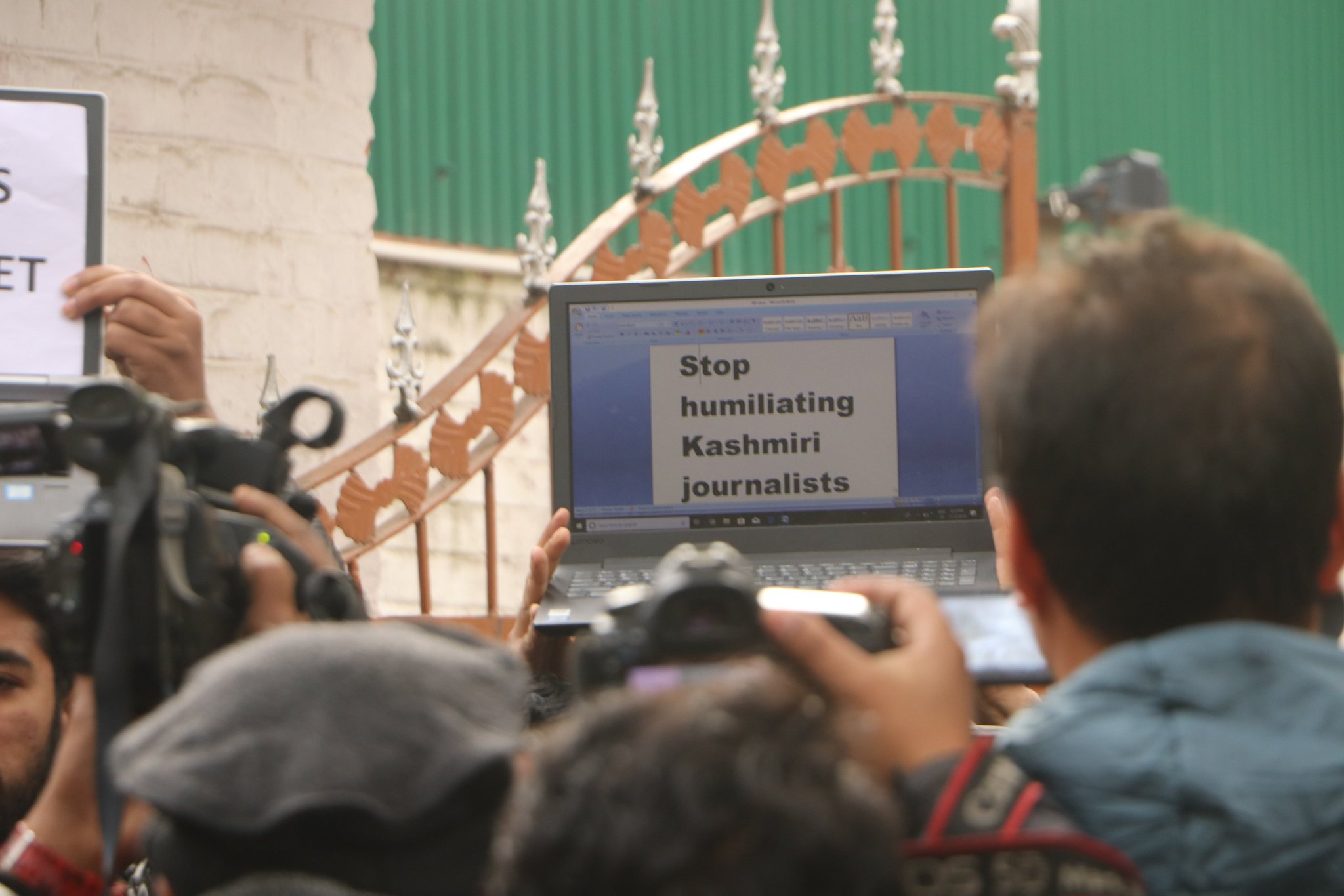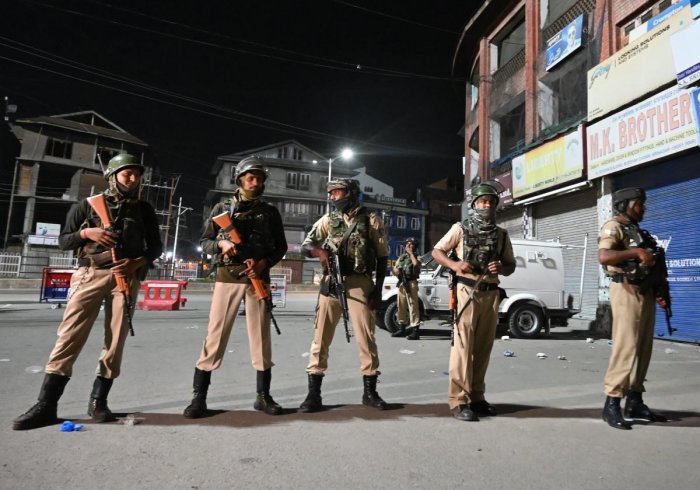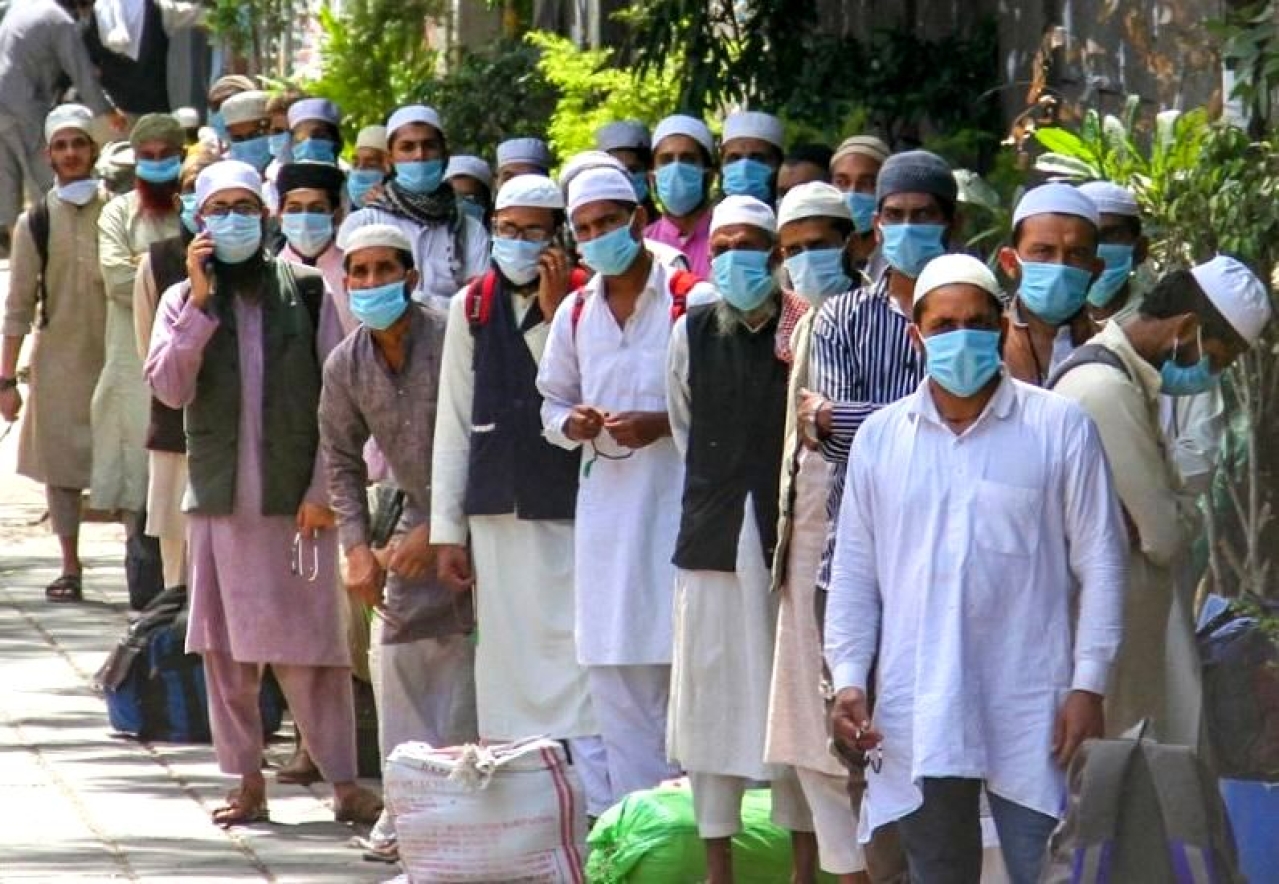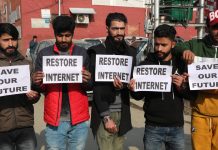The Supreme Court (SC), today, delivered its verdict on petitions challenging the restrictions imposed in the Union territory of Jammu and Kashmir (J&K) following the abrogation of Article 370 of the Constitution in August last year. The court decided on petitions including those by Congress leader Ghulam Nabi Azad and Kashmir Times Executive Editor Anuradha Bhasin.
The SC on Friday directed the J&K administration to review and place in the public domain all restrictions imposed following the abrogation of Article 370 in August last year. Stating that the indefinite suspension of the internet in J&K was in violation of Telecom Rules, the Supreme Court directed the administration to restore services in hospitals and educational institutions.
A bench of Justices N V Ramana, R Subhash Reddy and B R Gavai had reserved its decision in the matter on November 27, 2019.
The petitioners said that the restrictions had thrown life out of gear in the region and affected all sections of people, including farmers and daily wagers. They also questioned the curbs on internet and mobile communication and said this had a crippling effect on the lives of people.
The Central government had justified the restrictions citing national security and said that these were temporary measures in view of the prevailing situation in the region which was facing the brunt of cross-border terror. The Centre had argued that not a single person was killed after the August 5 decision due to the steps taken by the government. The government claimed that for many years, terrorists had been entering from across the border and civilians were being held captive by local militants and separatist organisations.
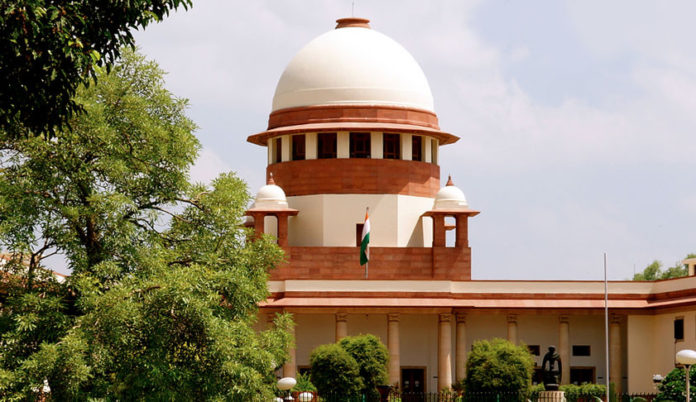
SC Justice Ramana began reading out a passage from the classic ‘Tale of two cities’ before pronouncing the judgment. He also said that the court will not delve into the political intent behind the orders. The bench also observed that liberty and security are always at loggerheads and that it is the court’s job to ensure that the citizens are provided their rights.
The apex court emphasised upon the importance of internet and said the internet as a tool should be distinguished from the Freedom of Expression through the internet. “Internet is a major means of information, therefore the Freedom of Expression through the internet is part of Article 19(1)(a) and restrictions on it should be in accordance with restrictions to this right”, the court observed.
Commenting on the restriction on fundamental rights, Justice Ramana said, it “cannot be in the exercise of arbitrary powers. The test of proportionality needs to be satisfied. This freedom can only be restricted after relevant factors are considered and only if there is no other option”, he added.
The SC bench also said,“The complete curb of the internet must be considered by the state only as an extraordinary measure. Any order that has been passed to restrict/suspend internet services shall be subject to judicial scrutiny.”
“Disagreement does not justify destabilization. The power under Section 144 of CrPC cannot be used as a curb on the legitimate expression of democratic rights. No doubt that the freedom of press is a right is a part of right under 19(1)(a) and is required in every modern democracy,” the bench said.
“All orders suspending such services must be published so that those affected can challenge if necessary. All orders are to be also put in the public domain which can then be challenged in a court of law. Internet suspension without any particular duration and indefinitely is a violation of telecom rules,” the SC bench observed. It also directed the government to produce all orders by which Section 144 is invoked.
The apex court also said that all orders of suspension of telecom services and those related to Section 144 of CrPC must be reviewed by concerned authority within seven days. It added that all future orders must be reviewed in a timely manner. The court also said that Section 144 of CrPC is a remedial and preventive measure and must be subject to the test of proportionality and used only if there is a likelihood of violence and danger to public safety.
Some trade and occupations are dependent on the internet. The freedom to practice such trade and occupations is protected under Article 19(1)(g) of Constitution,” the court further said.
The SC concluded the judgement with saying,”The internet shutdown is applicable only in unavoidable situations. Authorities must explore alternate means before doing that,” adding that “magistrates while passing prohibitory orders, should apply mind and follow the doctrine of proportionality”.
Welcoming today’s developments, Congress leader Ghulam Nabi Azad told reporters, “Each individual in Jammu and Kashmir was waiting for this decision. The Supreme Court has made it clear to the Government of India that it should publish all the orders passed since August 5, 2019. The court has also said that any order on the internet comes under judicial scrutiny.”
People from J&K also expressed their satisfaction on the verdict. Welcoming the court’s order, Ishtiyaq Ahmad, a businessman in Lal Chowk area of the city, told PTI, “It is a piece of very happy news for us, a huge relief, as the internet has been suspended for over five months now. We really hope that the services will be resumed as soon as possible now.”

